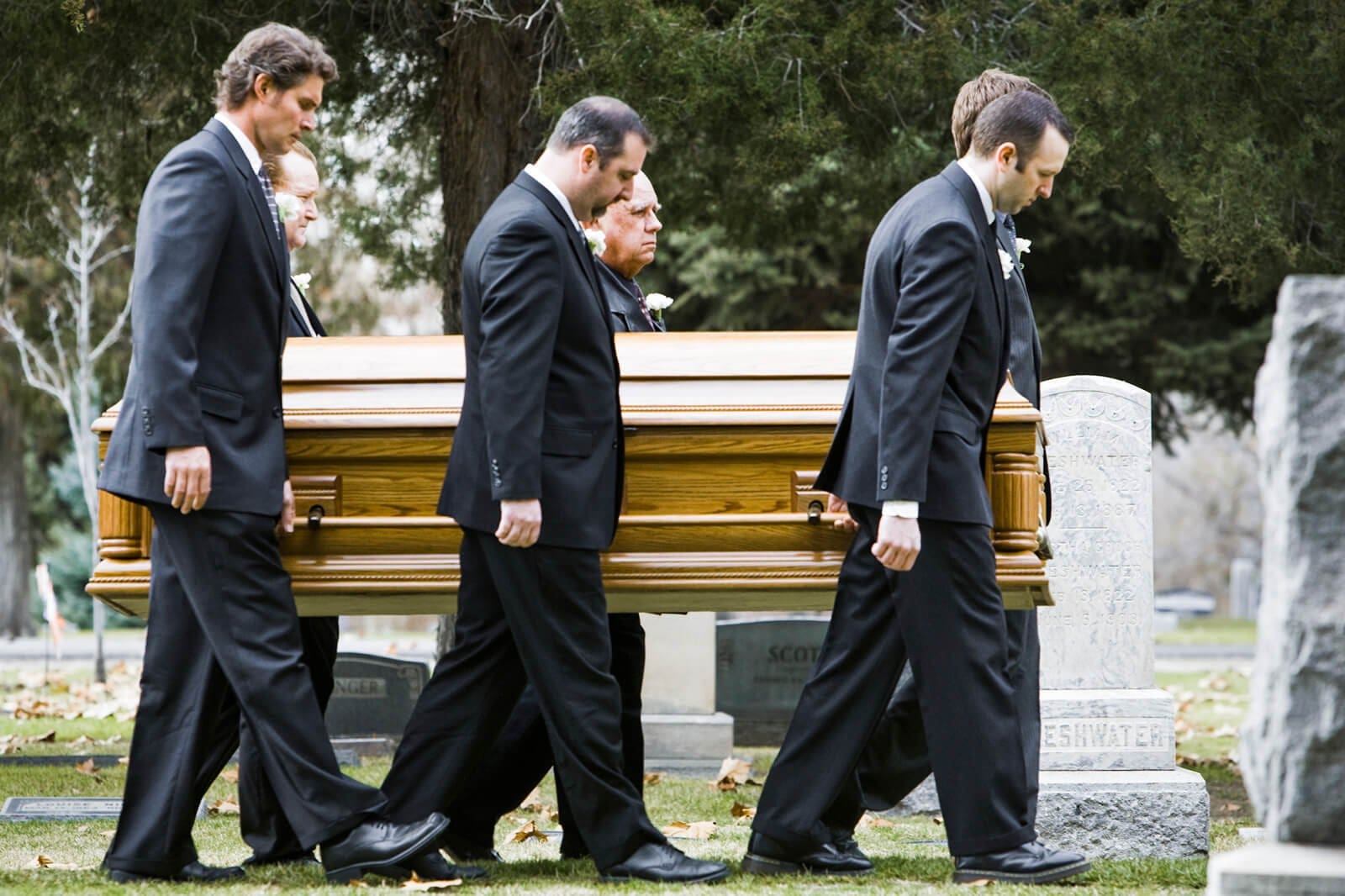Funerals are a time of grief and remembrance, where every detail matters in honoring the life of a loved one. One important aspect of a funeral is selecting pallbearers. Pallbearers play a significant role in the funeral service, as they are responsible for carrying the casket and symbolically escorting the deceased to their final resting place. Choosing the right pallbearers is a thoughtful process that involves considering the relationship they had with the deceased and their ability to fulfill this important duty with respect and dignity.
Consider the Relationship
When choosing pallbearers for a funeral, it is essential to consider the relationship each potential pallbearer had with the deceased. Pallbearers are typically close family members, friends, or colleagues who shared a special bond with the departed. It is important to select individuals who were meaningful in the life of the deceased and who can carry out the duty of pallbearer with the appropriate level of reverence.
Physical Ability and Willingness
Another crucial factor to consider when choosing pallbearers is their physical ability and willingness to fulfill the role. Carrying a casket can be physically demanding, so it is important to select individuals who are capable of handling this responsibility. Additionally, pallbearers should be willing participants who understand the significance of their role and are prepared to carry out their duties respectfully.
Number of Pallbearers
The number of pallbearers needed for a funeral can vary depending on cultural traditions and personal preferences. Traditionally, there are usually six to eight pallbearers, with three on each side of the casket. However, some funerals may have fewer or more pallbearers based on individual circumstances. It is important to consider the logistics of having the right number of pallbearers to ensure a smooth and dignified procession.
Gender and Age Considerations
When selecting pallbearers, it is also important to consider gender and age considerations. While pallbearers can be of any gender, it is common for them to be of the same gender as the deceased. Additionally, pallbearers are typically adults, but in some cases, younger family members may also participate. It is essential to choose pallbearers who can fulfill the role with maturity and respect.
Communicate with Potential Pallbearers
Once you have identified potential pallbearers, it is important to communicate with them about the role and responsibilities involved. Make sure they understand what is expected of them and give them the opportunity to decline if they are not comfortable or able to fulfill the duty. Open and honest communication is key to ensuring that the selected pallbearers are prepared for their role in the funeral service.
Final Thoughts on Choosing Pallbearers
Choosing pallbearers for a funeral is a significant decision that requires careful thought and consideration. By selecting individuals who had a meaningful relationship with the deceased, are physically able and willing to fulfill the role, and align with any cultural or personal preferences, you can ensure that the funeral procession is carried out with dignity and respect. Remember to communicate openly with potential pallbearers to ensure they understand the importance of their role and are prepared to carry out their duties with honor.
If you have feedback, questions, or ideas for future articles or Information Hubs, please contact us. Your insights help us create valuable content.


